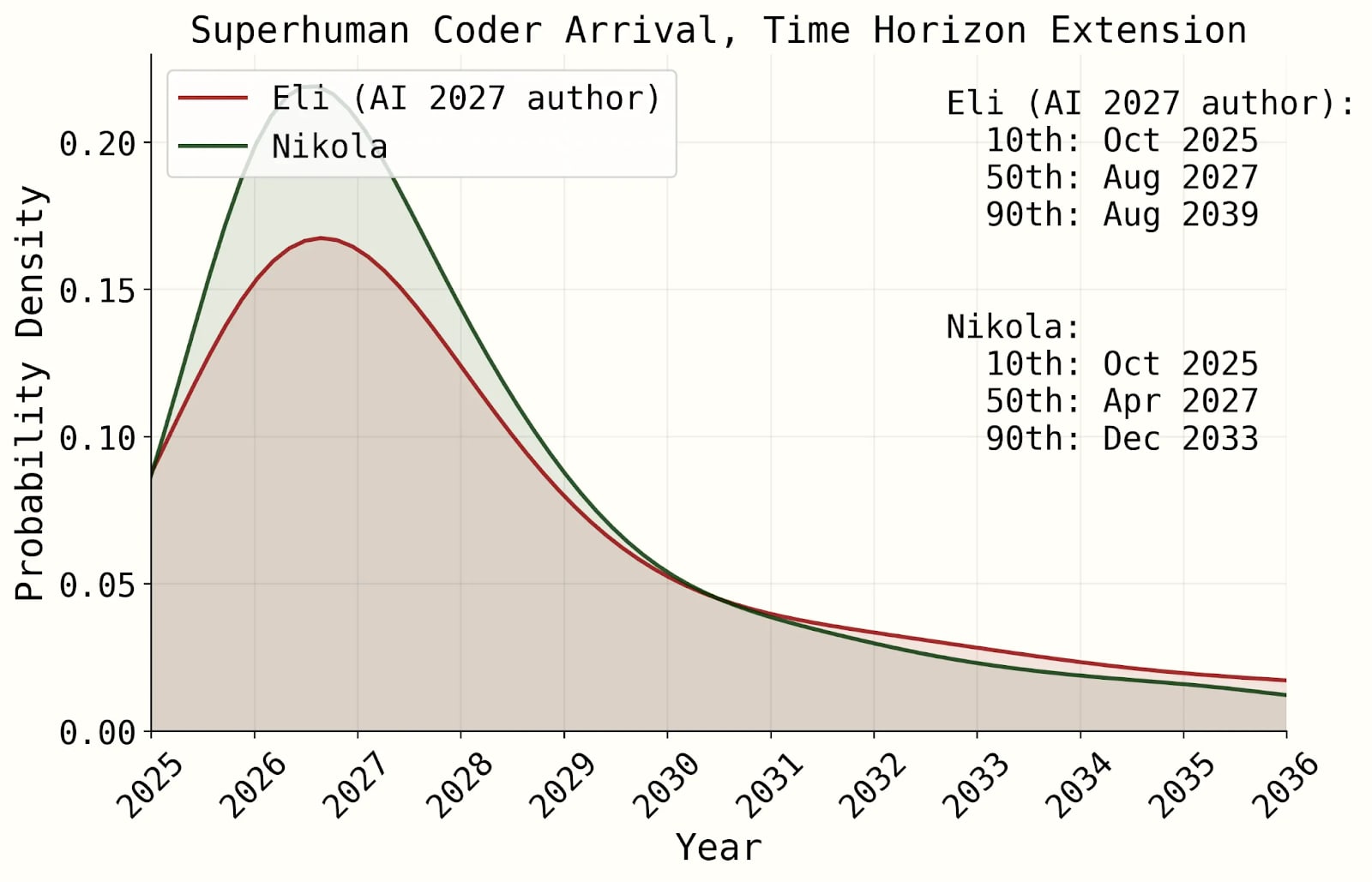A bet about your last week: you are probably not learning how to play the pan flute, scheming a revolution in a southeast Asian country, or dancewalking through your main avenue every other day.
There are also interesting things you are not doing. Things that you are gaining value because you are not doing.
Here are some of mine that other EAs may also gain value from:
- I'm not seeing any advertisement online, thanks to the no ads at all feature of AdBlock Plus
- I'm not reading newspapers or any other source of news. I just assume other people will filter me into the relevant news.
- I'm not considering what to do on weekends during the day. I've locked in a routine I like so I don't have to process any information.
- I'm not eating nearly as much meat as I once did.
- I'm not watching sports, because I like participating in them as much as watching, so given a choice, I'll take the Two for the price of one value. I only exercise in ways that fill two or more goals at the same time.
- I'm not using email to schedule things with people, but Google Calendar directly, saving precious coordination time.
I'd like to suggest that we list things we learned to value not doing on the comment section. I would love to not do some of them!



I found Avoid News, Towards a Healthy News Diet by Rolf Dobelli quite convincing.
Thanks, Ryan, but years of reading the news have left me unable to process such a long, thoughtful piece about how years of reading the news will leave me unable to process long, thoughtful pieces.